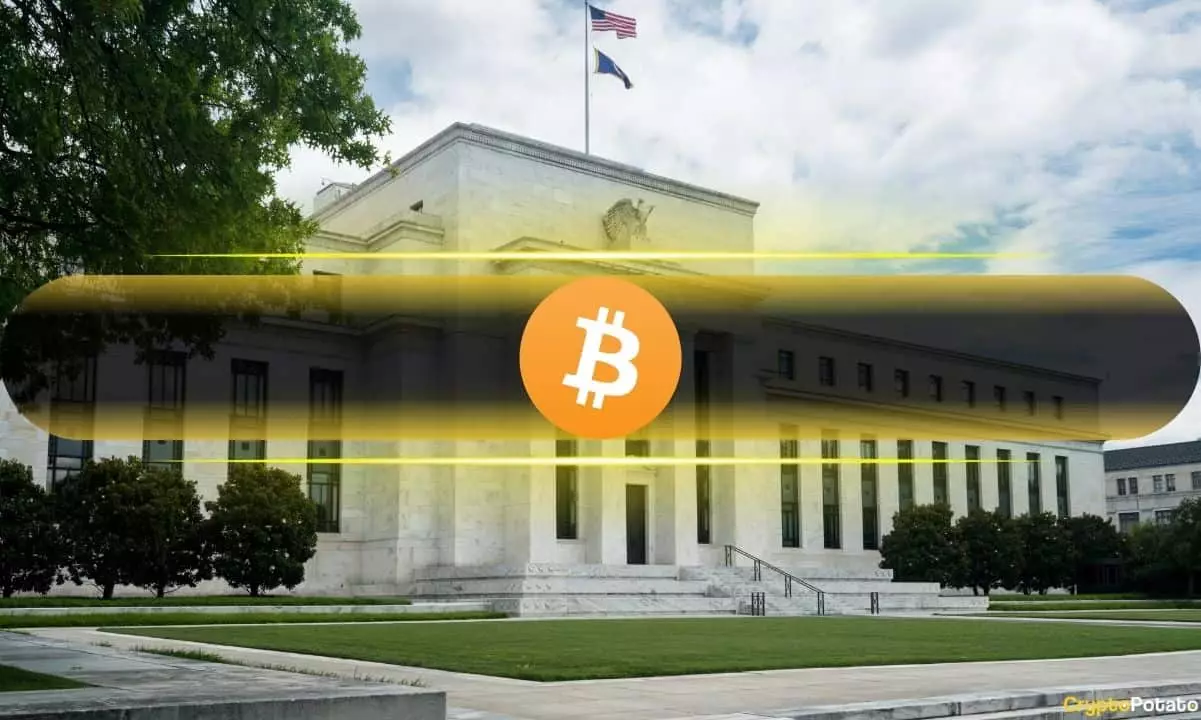A recent survey conducted by ConsenSys and HarrisX has unveiled an unexpected yet significant relationship between U.S. voters and their attitudes towards cryptocurrency. Nearly half of those surveyed—49%—expressed that a candidate’s pro-crypto beliefs are pivotal in their voting decisions. Importantly, the desire for crypto-friendly policies isn’t confined to a single political affiliation; an impressive 62% of respondents indicated a willingness to support candidates across party lines, emphasizing a growing consensus on the importance of digital currencies. Underneath the surface of party loyalty lies a potent desire for clarity in crypto policy that transcends traditional political divides.
These insights, italicized against the backdrop of a fiercely competitive electoral landscape, suggest that parties willing to embrace cryptocurrency could wield substantial electoral power. Given the increasing importance voters place on candidates’ positions regarding digital currencies, failing to acknowledge this growing trend could mean lost opportunities for potential votes in upcoming elections.
The survey’s findings also reveal an undercurrent of dissatisfaction among voters regarding current regulatory frameworks governing cryptocurrency. Approximately 44% indicated that they believe the Biden administration is not sufficiently supportive of the crypto industry. This dissatisfaction is accompanied by a stronger push for regulatory clarity, with 85% wanting presidential candidates to articulate their stances on cryptocurrency. Joe Lubin, CEO of ConsenSys and co-founder of Ethereum, underscored the necessity for bipartisan recognition of the sector’s relevance, asserting that a misguided belief exists that the crypto community opposes regulation. His emphasis on the need for clarity points to a shared consensus among voters regarding the confusing landscape of crypto legislation.
Moreover, a staggering 78% of respondents conveyed an eagerness to support politicians who prioritize consumer protection against crypto scams. This indicates a collective desire for safeguards in an increasingly precarious environment, where digital scams continue to proliferate, further calling into question whether current regulations adequately address the challenges facing crypto investors.
While there is a pressing demand for regulation and protection, the survey also highlighted a troubling trend: a lack of understanding among voters regarding which regulatory bodies govern cryptocurrencies. Only a minimal 15% accurately identified the Securities and Exchange Commission (SEC) as the relevant authority, with even fewer recognizing the Commodity Futures Trading Commission (CFTC) or believing that the U.S. Treasury Department is responsible. This discrepancy underscores a critical gap in knowledge that could hinder progress toward coherent policy-making.
When participants were asked which agencies are best suited to formulate crypto policy, a significant 70% cited the SEC as understanding the industry, whereas 67% favored the CFTC. The divergence between who voters believe is responsible for oversight, and who they deem knowledgeable enough to navigate the complexities of cryptocurrency, raises important questions about transparency and clarity in federal governance.
Interestingly, public perception of political acumen in cryptocurrency highlights clear disparities among leaders. Former President Donald Trump emerged as the most knowledgeable figure in the eyes of voters, with 53% attributing sufficient understanding of cryptocurrency to him. In stark contrast, only 41% of respondents rated Vice President Kamala Harris highly in this regard, and a mere 36% extended similar praise to President Joe Biden. This notable variance reflects not only the potentially favorable view of Trump’s previous administration’s policies but also indicates a pressing need for current leaders to enhance their understanding of the increasingly pertinent digital asset sector.
Despite the evident confusion and concern regarding cryptocurrency, one key aspect remains consistent: the necessity for improved regulations and consumer protections. Voters from all political backgrounds echo the same calls for increased transparency and protection against fraud, a sentiment that resonates particularly in key battleground states, where the balance of power hangs in the balance.
As cryptocurrencies increasingly infiltrate the political discourse, candidates would do well to understand the complex landscape of voter sentiment surrounding this issue. Failing to present a clear and informed stance may result in lost opportunities to connect with a populace that is progressively demanding accountability and clarity in crypto regulatory matters. With perceptions shifting rapidly and a collective call for bipartisan recognition of the importance of cryptocurrency, it is evident that understanding and addressing these voter concerns could hold significant electoral implications.

